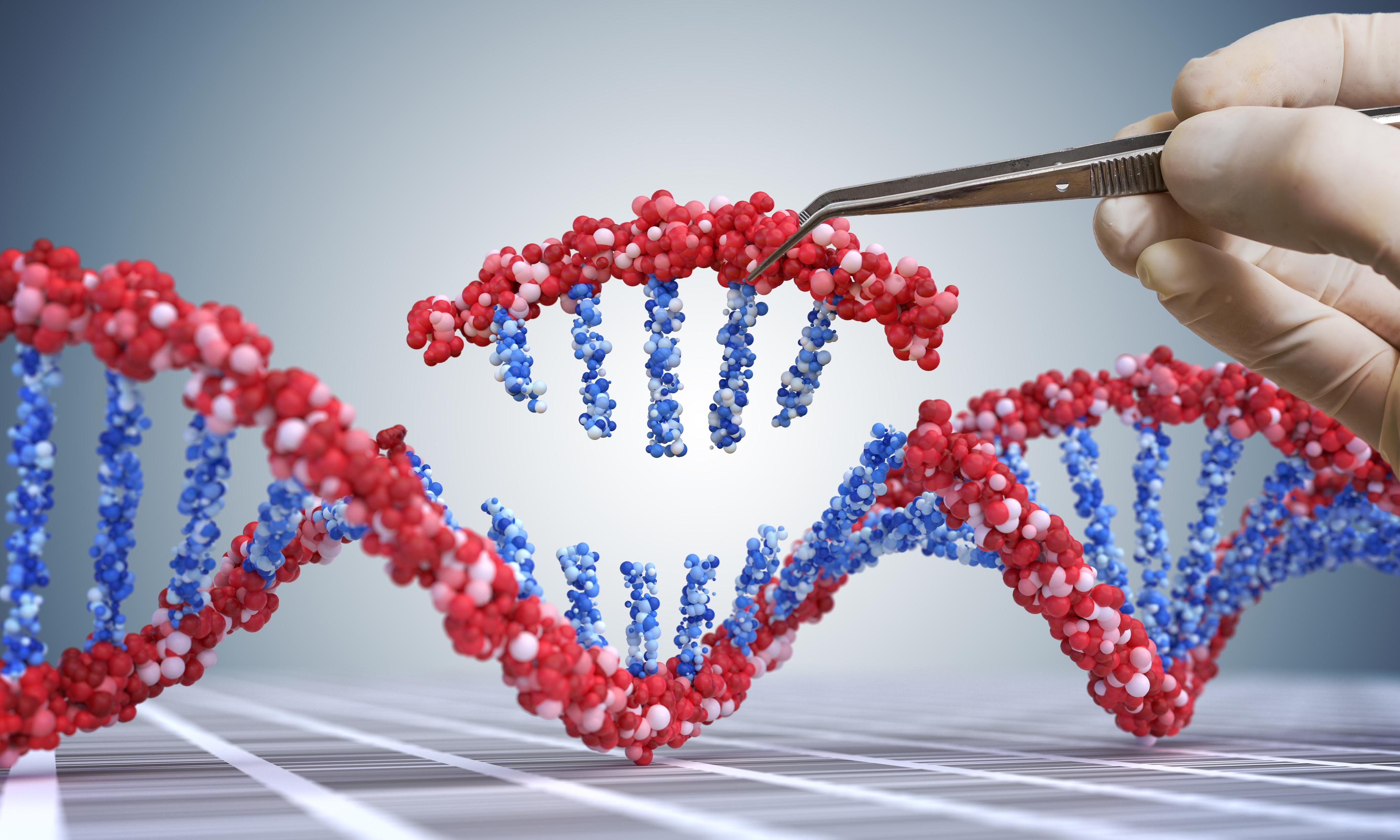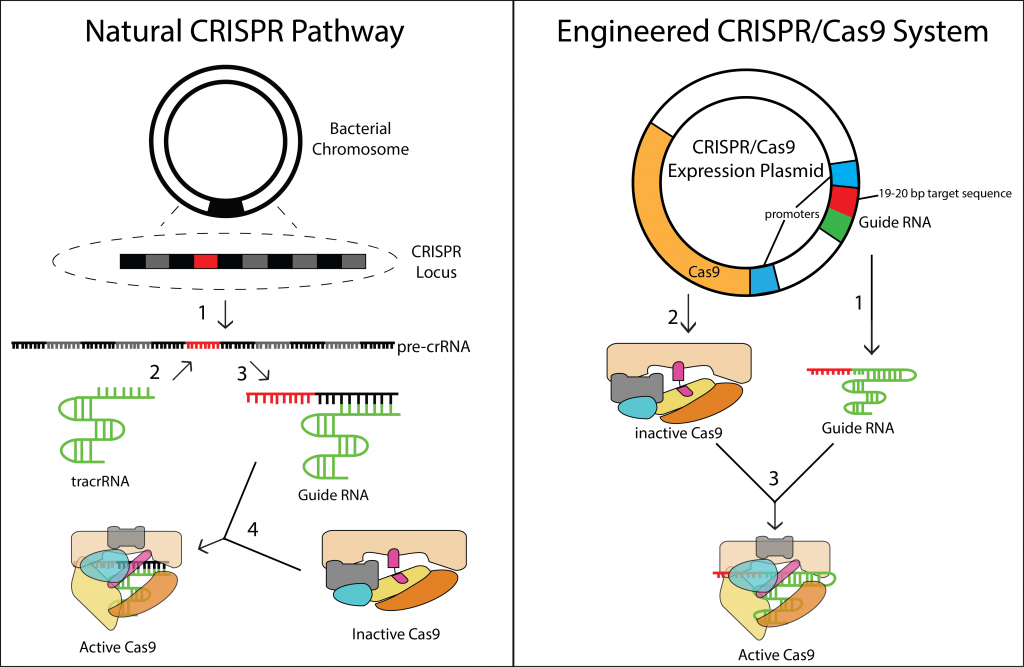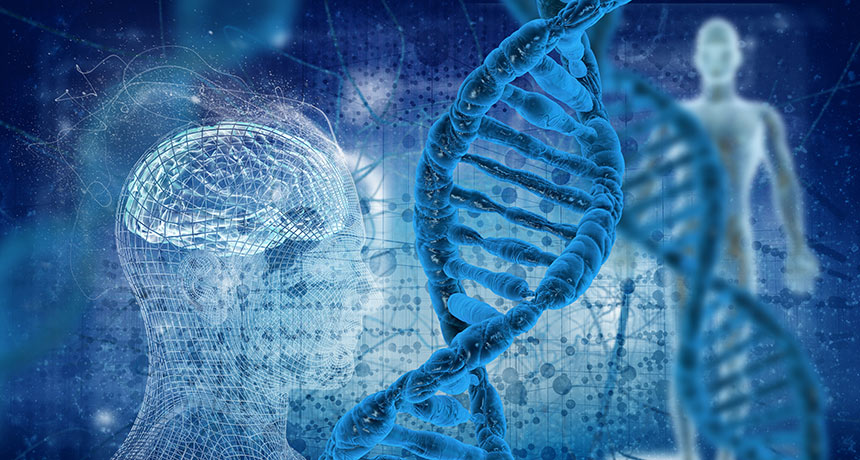Gene Editing: The Promise and Perils of Editing the Human Genome
When it comes to genetic modification, it’s an intriguing field full of potential but also fraught with controversy. In recent years, a vast array of advancements has been made in this field with considerable progress in genome editing, human genetic modification, and gene editing. In this article, we’ll explore the latest advancements in these fields and take a look at the ethical quandaries, concerns, and implications surrounding genetic modification.
Human Genetic Modification
Human genetic modification is the practice of altering an individual’s DNA in a way that isn’t guaranteed to be passed down to their offspring. There are two primary ways of modifying a human’s genetic code: germline and somatic modification. Germline modification is the process of conducting genetic modifications to the DNA of an individual’s reproductive cells, resulting in the possibility of the modification being passed down to the offspring. Somatic modification is the process of altering the DNA of an individual’s body cells and won’t affect their offspring.

Abstract:
Human genetic modification is one of the most controversial topics in genetic engineering. The possibility of modifying DNA in a human being opens up a world of opportunities, but it also raises significant ethical concerns.
Introduction:
The field of genetics has made considerable advances in recent years, with a vast array of innovative genetic modification techniques being developed. Human genetic modification has become one of the most talked-about issues in genetic engineering circles. Scientists have made considerable strides in the ability to manipulate the genes within the DNA of a human being, paving the way for genetic therapies that could revolutionize the medical industry. However, the idea of manipulating the genetic code of a human being has also raised ethical issues and opened the door to complex ethical considerations.
Content:
One of the most notable techniques that have been pioneered in the field of genetic modification is genome editing. The gene-editing technique CRISPR/Cas9 is by far the most popular and has attracted extensive coverage in the media worldwide. This technique operates like a cutting tool, allowing genes to be adjusted, removed, or added. The ability to manipulate the genetic code in this way has immense potential for medical breakthroughs, but also creates new ethical dilemmas.

In 2018 an article in Science News outlined how the previously reported number of human genes was raised from approximately 20,000 to at least 46,831. The surge was due to ongoing research and emerging gene-editing techniques such as the CRISPR/Cas9 tool.

However, there is a significant downside to gene editing, which needs to be addressed before we can embrace its potential. The most significant concern is the possibility of creating designer babies. In 2018, a Chinese scientist claims to have edited the genes of twin babies to make them more resistant to HIV. The case, which sparked controversy and disbelief worldwide, brought the possibility of designing babies into a laser focus. While it’s true that many genetic modifications could help fight diseases or enhance human genetic traits in a positive way, there’s no denying that the potential to create designer babies is problematic.
The controversy over genetic modification and designer babies has also thrown up a massive debate around the ethics of the practice. There are significant concerns surrounding the ethical implications of designer babies and their impact on the fabric of society as a whole. For example, there are fears that this practice could exacerbate social inequality by creating a two-tiered society of genetically modified “haves” and “have-nots.”/p>
Another concern central to the controversy of genetic modification is the potential shift boundary of what is considered natural human genetic traits. On the pro side, geneticists can eliminate genes responsible for harmful genetic diseases, which ultimately gives newborns the gift of life. Some people, however, contend that genetic modifications could alter human nature itself. There are fears that genetic research will cross some ethical and moral lines that we don’t want to cross, potentially leading to a world full of identical people manipulated in specific ways that don’t consider all sides—looking at how it could impact the building blocks of human society. This concern has to lead some experts to suggest that we need to be cautious when it comes to genetic modification.
Conclusion:
The field of genetic modification has the potential to revolutionize humanity, but it also raises enormous ethical concerns. To explore the advantages, breakthroughs and also concerns, experts and society as a whole, we can address. While genetic modification may allow us to eliminate harmful diseases from our DNA and create healthier humans might positively affect society, it also has the potential to create a divide in society based on genetics. Some people fear the possibility of genetically creating the perfect human and cannot foresee human society’s impact. Whatever the outcome, the ethics of the practice must be carefully considered and scrutinized to ensure we create a society that benefits everybody, not just the privileged few.

Source image : sites.tufts.edu

Source image : thebiologydiaries.wordpress.com

Source image : geneticliteracyproject.org

Source image : www.sciencenews.org

Source image : www.geneticsandsociety.org







